
Linkin Park - From Zero: Still Zero
As a long-time fan of Linkin Park, I walked into the release of "From Zero" fully aware that I wasn't expecting anything remarkable. In fact, I was almost certain it was going to be a disappointment.
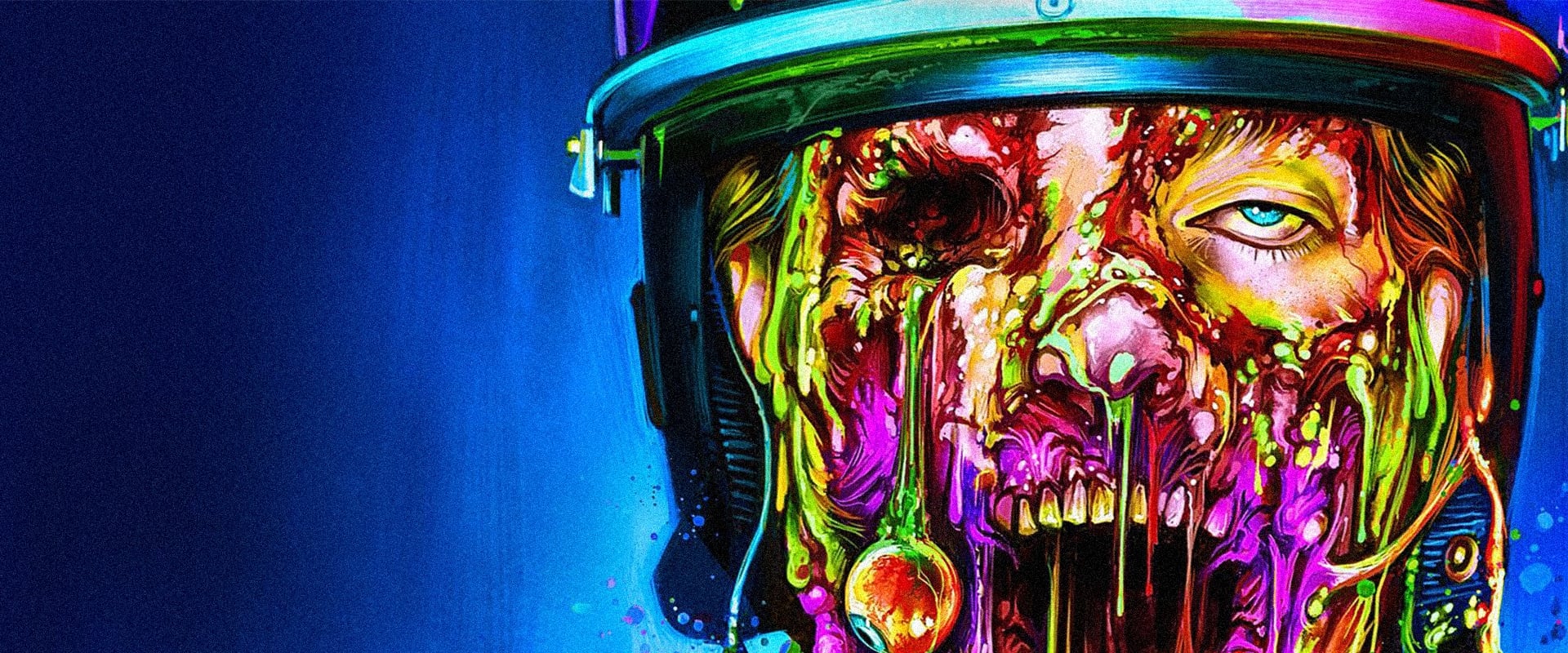

As a long-time fan of Linkin Park, I walked into the release of "From Zero" fully aware that I wasn't expecting anything remarkable. In fact, I was almost certain it was going to be a disappointment.
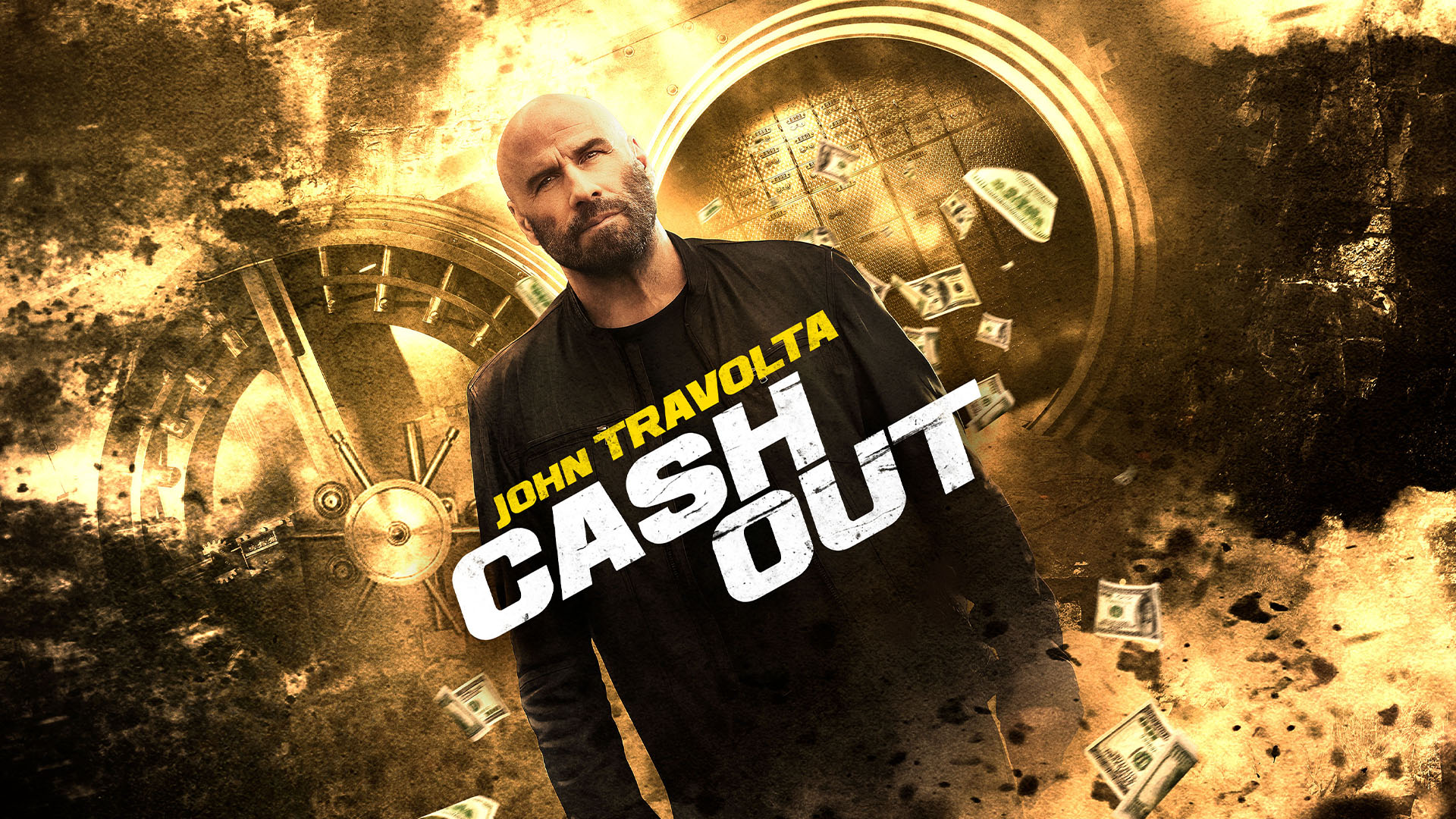
Is there a modern moviegoing ritual more reliable than the late-career star vehicle disguised as an “action farce”? I settled in for Cash Out, hoping perhaps for the electric surge of genuine idiocy—something so audaciously silly it loops all the way back to fun. Instead, what I got was a master class in professional inertia: a movie so locked inside its own clichés that you can almost hear the screen yawning back at you.
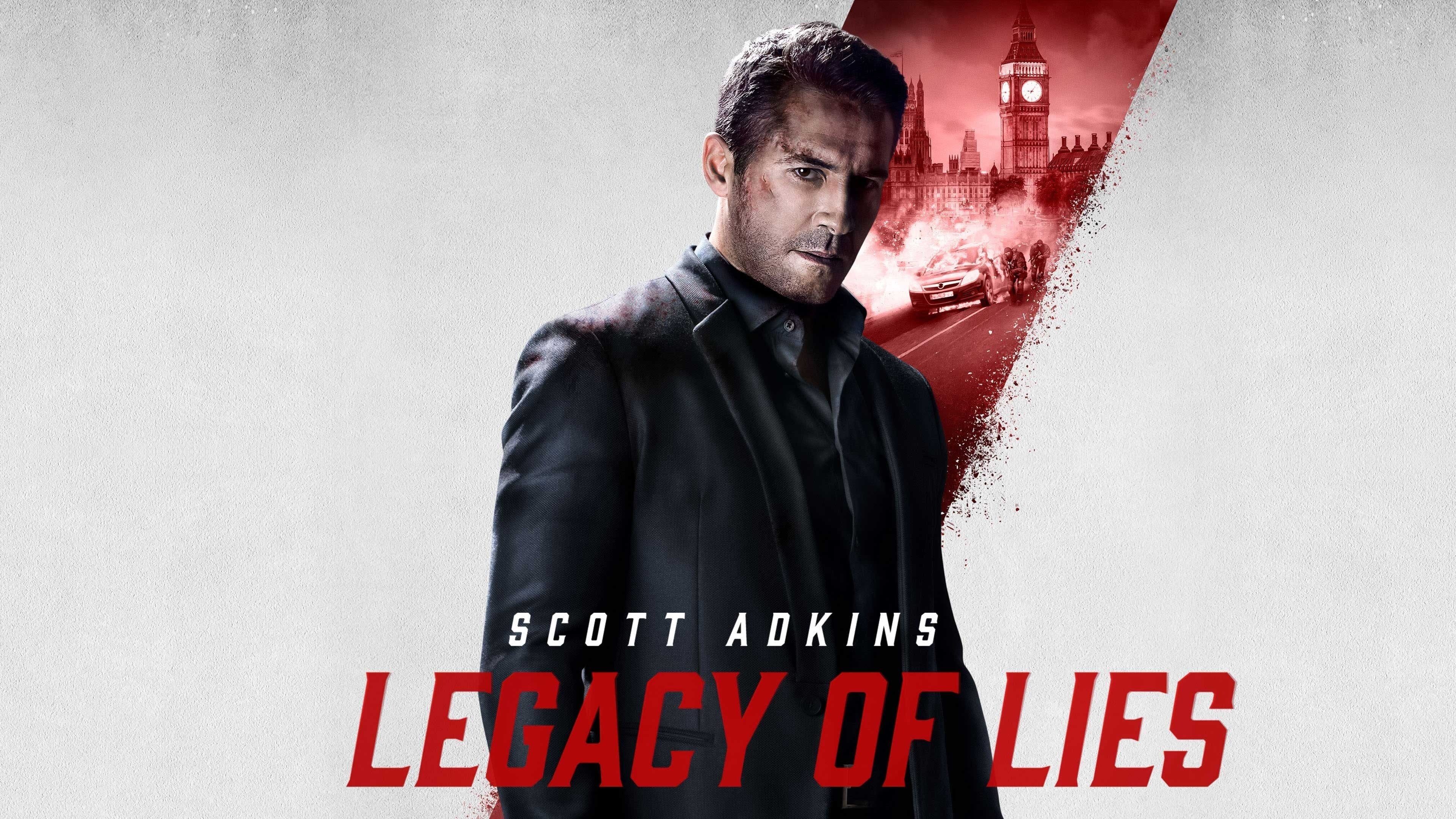
Is there such a thing as an action movie that's so determined to hit all the familiar spy beats that it becomes more like a blender set to “purée” than a piece of entertainment? With Legacy of Lies—Scott Adkins’s latest detour on the rocky road of genre pictures—the answer is an exhausting yes. Here’s a film that promises sleek muscle and instead delivers a plate of last week’s leftovers, reheated until even the flavor of violence goes flat.
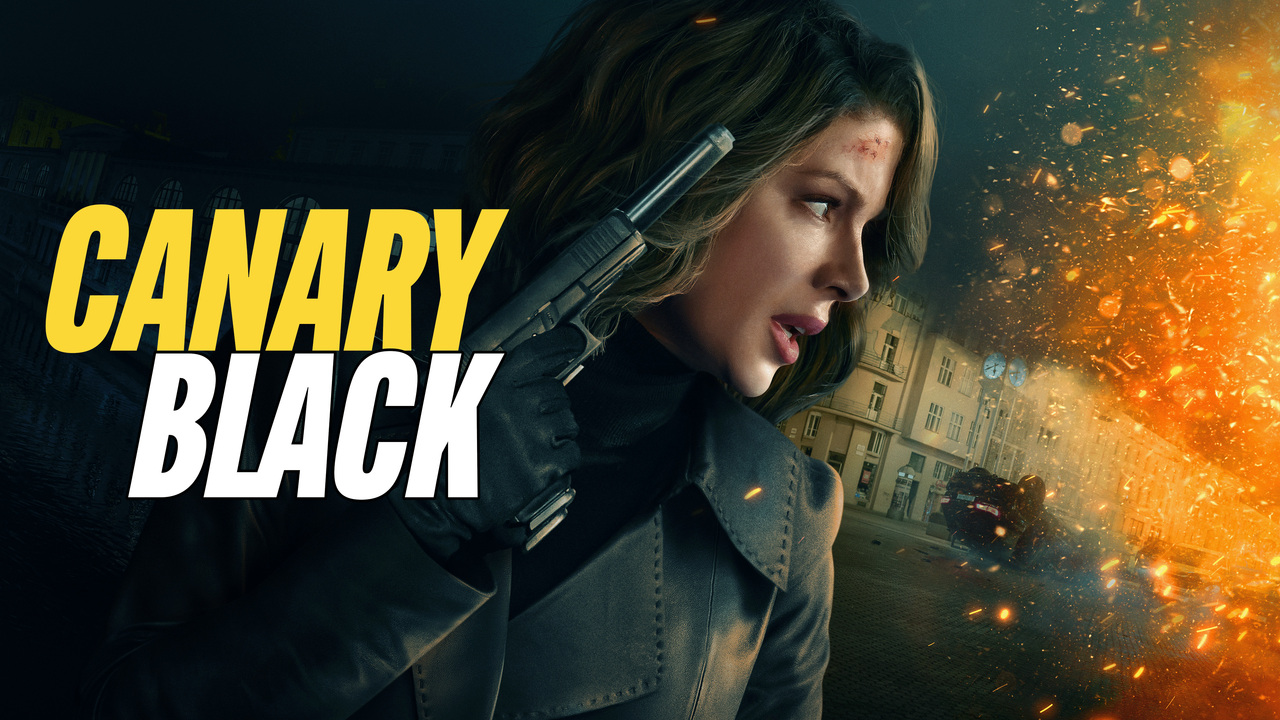
If you squint at “Canary Black” from the comfort of your own living room—martini glass in hand, perhaps just a little self-consciously nostalgic for the days when spies sparkled and plots had pulse—it might almost pass for a movie. But move in closer, and it’s not so much a cinematic vessel as a soggy, deflating float at the tail end of a parade nobody bothered to attend. What drifts our way, bobbing with all the vigor of a limp flag at half-mast, is the kind of leftover, just-add-water espionage pulp that’s been through every possible recycling bin in Hollywood’s backlot. How many screenwriters were left, we wonder, dangling in the subzero editing bay, before someone finally called it “done”? Deep beneath the chilled surface, “Canary Black” is home to a whole hothouse of misjudged directorial flora: plotting with the finesse of errant GPS, fight scenes borrowed (badly) from late-night aerobics reruns, and a costume budget that feels stitched together entirely from off-season Halloween aisle clearance. Yet here stands Kate Beckinsale, the plucky center of the swirling mediocrity, determined to wear her “notice me, I’m lethal” energy like a badge and a bludgeon.
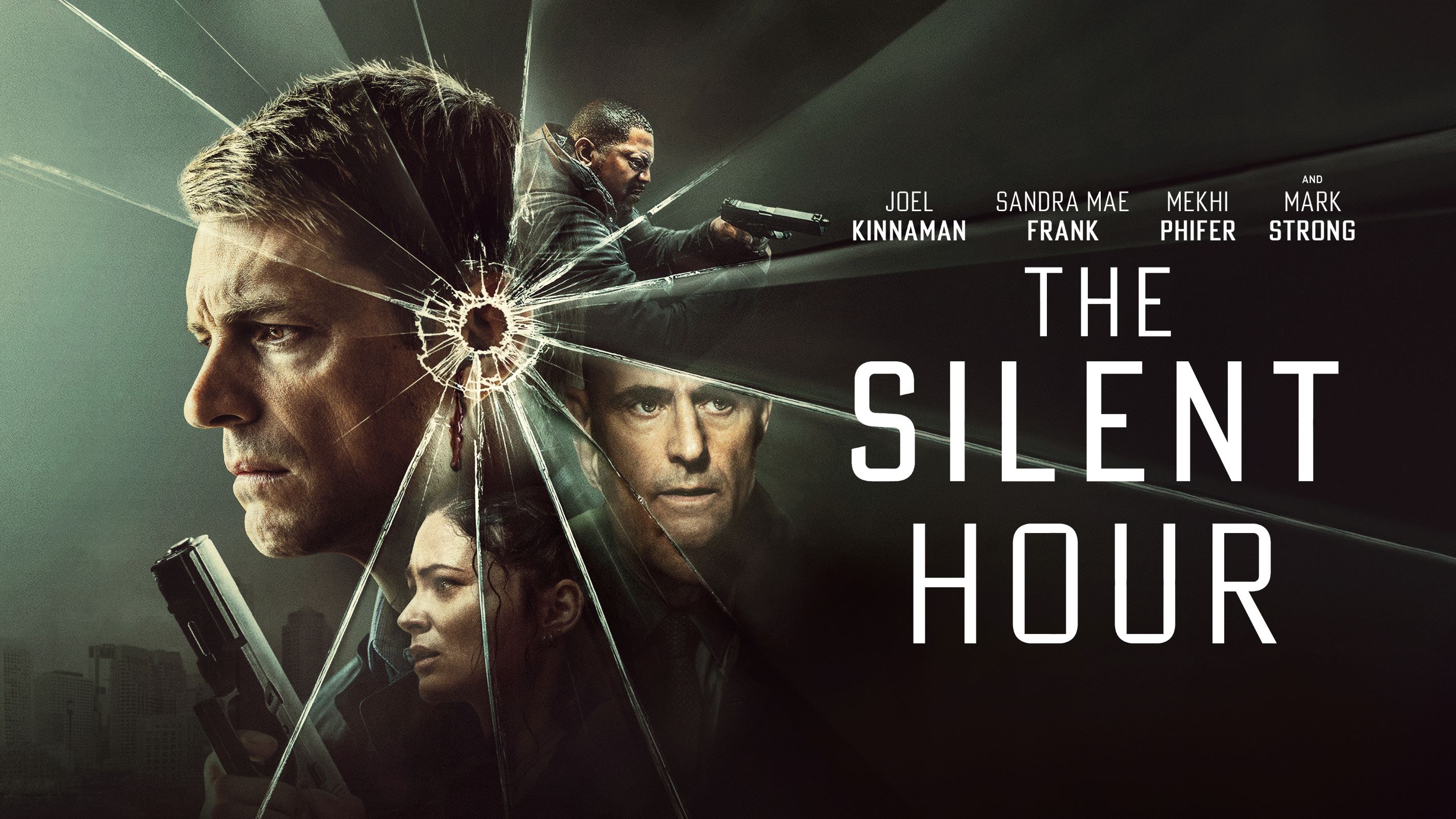
If we’ve learned anything from the last decade of action movies, it’s that the genre survives on reinventions of silence—moody loners, voiceless avengers, and, now, a deaf cop lumbering through another hour of plot-optional philosophy about justice in America. Brad Anderson’s “The Silent Hour” arrives with a grandiose hush, promising that, if we just listen hard enough, we’ll hear something new. But what we get is less revelation and more the faint clatter of old clichés, recycled under the guise of representation.

You sit in the theater—nervous, skeptical, weirdly hopeful. If ever a movie dared the audience to ask “why ARE we doing this?” before the lights even dim, it’s Joker: Folie à Deux: a sequel that announces itself with a musical number, fingers everyone in the eye (twice for the trouble), and then dares you to care.